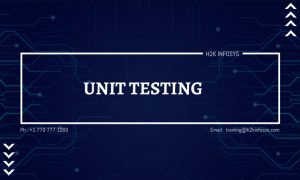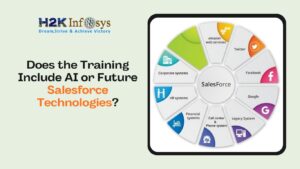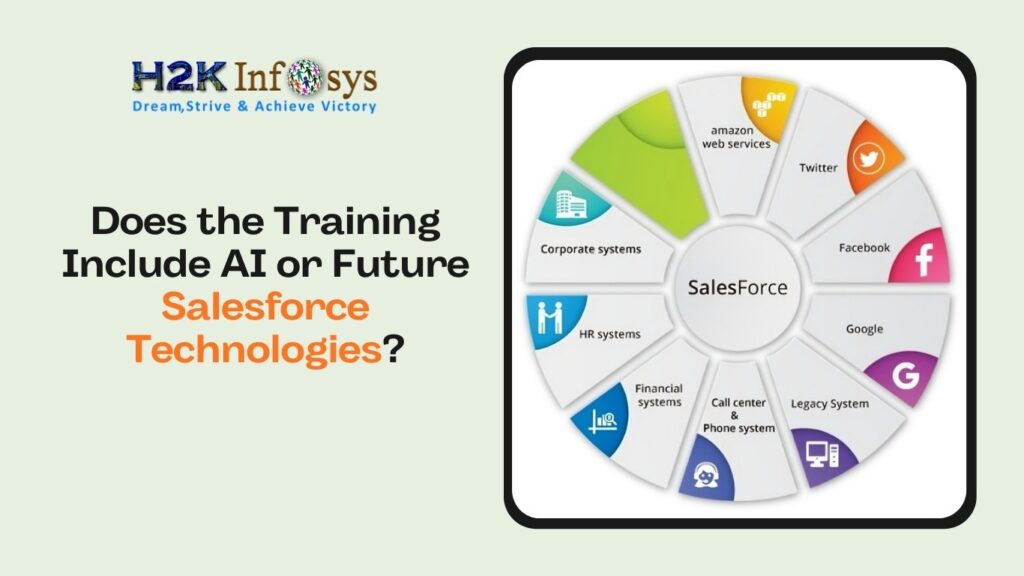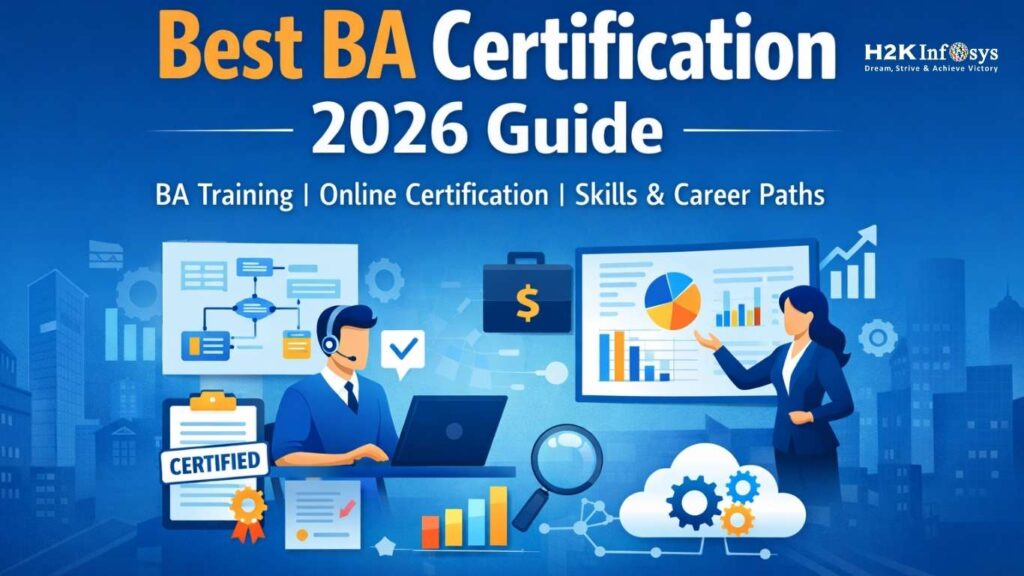Landing a software engineering internship can be a pivotal step in your career, providing valuable experience and industry exposure. Preparing for the interview is crucial, and being well-versed in common questions and their answers can give you a competitive edge. Here’s a comprehensive guide to some of the most frequently asked questions and their answers to help you prepare.
Tell me about yourself.
Answer: This is often the first question in an interview and a great opportunity to set the tone. Focus on your education, relevant projects, and interests in software engineering. For example: I’m currently a junior studying Computer Science at XYZ University. I’ve worked on several projects, including a web application for student management using React and Node.js. I’m passionate about software development and keen to gain practical experience through an internship to enhance my skills.
What programming languages are you proficient in?
Answer: Mention the languages you are most comfortable with and provide context: I am proficient in Java, Python, and JavaScript. In my recent project, I used Java to develop a backend API, and I’ve also created several small applications in Python to automate tasks.
Explain object-oriented programming (OOP).
Answer: OOP is a programming paradigm based on the concept of objects Object-oriented programming is a paradigm that uses objects and classes to structure software. It includes four main principles: encapsulation, abstraction, inheritance, and polymorphism. These principles help create modular, reusable, and maintainable code.
What is the difference between an array and a linked list?
Answer: Highlight the key differences: An array is a collection of elements stored at contiguous memory locations. It allows fast access to elements but resizing is costly. A linked list, on the other hand, consists of nodes where each node contains data and a reference to the next node. Linked lists allow for efficient insertion and deletion of elements but accessing elements is slower.
Describe a project you have worked on.
Answer: Choose a project relevant to the internship and explain your role I worked on a project to develop a task management application using React for the frontend and Node.js for the backend. I was responsible for designing the database schema, implementing RESTful APIs, and integrating them with the frontend. This project improved my understanding of full-stack development.
How do you manage version control in your projects?
Answer: Discuss your experience with version control tools: I use Git for version control in my projects. I am comfortable with branching, merging, and using pull requests. I often host my projects on GitHub to collaborate with others and keep track of changes.
What is a RESTful API?
Answer: Explain RESTful API clearly A RESTful API adheres to the principles of Representational State Transfer (REST). It uses standard HTTP methods like GET, POST, PUT, and DELETE for operations. It is stateless, meaning each request from a client contains all the information needed to process the request, and it often returns data in JSON or XML format.
What is your experience with databases?
Answer: Mention your knowledge and practical experience: I have experience with both relational databases like MySQL and PostgreSQL, and NoSQL databases like MongoDB. In my last project, I used MySQL to design and query a database for a student management system.
Explain the software development lifecycle (SDLC).
Answer: Briefly describe each phase: The software development lifecycle includes several phases: planning, analysis, design, implementation, testing, deployment, and maintenance. Each phase has specific goals, and collectively they ensure the systematic development and maintenance of software.
How do you ensure your code is of high quality?
Answer: Discuss your approach to writing quality code: I follow best practices such as writing clean, readable code, adhering to coding standards, and conducting code reviews. I also write unit tests to ensure my code works as expected and use version control to manage changes.
What is the difference between black-box and white-box testing?
Answer: Explain the testing methods: Black-box testing focuses on testing the software from an external perspective, without knowing the internal code structure. It is based on requirements and functionality. White-box testing, on the other hand, involves testing the internal workings of an application, such as code paths and logic.
How do you handle tight deadlines and multiple projects?
Answer: Show your time management skills: I prioritize tasks based on their urgency and importance, breaking them down into manageable parts. I use tools like Trello or Asana to keep track of my progress and ensure I meet deadlines. Effective communication with my team is also crucial to stay on track.
What are your strengths and weaknesses?
Answer: Be honest and show self-awareness: My strengths include strong problem-solving skills and the ability to quickly learn new technologies. One area I’m working on is improving my public speaking skills, as I sometimes get nervous during presentations. I’m taking steps to improve by participating in public speaking clubs.
Describe a time when you encountered a problem during a project. How did you handle it?
Answer: Provide a specific example In one of my projects, we faced a performance issue due to inefficient database queries. I took the initiative to analyze the queries and identified redundant joins that were causing delays. By optimizing the queries and adding appropriate indexes, we improved the application’s performance significantly.
What do you know about our company?
Answer: Research the company and provide thoughtful insights: I know that your company specializes in developing innovative software solutions for the healthcare industry. I’m particularly impressed by your commitment to using technology to improve patient care. I am excited about the opportunity to contribute to such impactful work.
How do you stay current with new technologies and programming languages?
Answer: Show your enthusiasm for learning: I stay current by following industry blogs, attending webinars, and participating in online courses on platforms like H2K Infosys. I also enjoy working on personal projects and contributing to open-source projects to apply new technologies and techniques.
Can you explain the concept of inheritance in object-oriented programming?
Answer: Provide a clear explanation: Inheritance is a fundamental concept in OOP that allows one class (child or subclass) to inherit the properties and behaviors of another class (parent or superclass). This promotes code reusability and establishes a natural hierarchy between classes.
How do you approach debugging a difficult problem?
Answer: Outline your debugging process: When faced with a difficult problem, I first try to reproduce the issue consistently. Then, I use debugging tools and techniques like breakpoints and logging to isolate the root cause. I methodically check each part of the code and consult documentation or online forums if needed.
What is Agile methodology, and have you used it in your projects?
Answer: Explain Agile and your experience: Agile methodology is an iterative approach to software development that emphasizes flexibility, collaboration, and customer feedback. In my previous projects, we used Agile practices like daily stand-ups, sprint planning, and retrospective meetings to ensure continuous improvement and adapt to changing requirements.
What motivates you to pursue a career in software engineering?
Answer: Share your passion and career goals: “I am motivated by the challenge of solving complex problems and the satisfaction of seeing my code make a real-world impact. I enjoy the continuous learning aspect of software engineering and am excited about the potential to innovate and improve people’s lives through technology.”
Conclusion
Preparing for a Software Qa engineer certification internship interview involves understanding both technical concepts and soft skills. By reviewing these common questions and practicing your answers, you can approach your interview with confidence and increase your chances of securing the internship. Remember to demonstrate your passion for technology, your willingness to learn, and your ability to work well in a team. Good luck!
Key Takeaways:
- Understand core programming concepts and tools like version control and RESTful APIs.
- Highlight your projects and technical skills confidently.
- Show your problem-solving abilities and teamwork experience.
Call to Action: Ready to excel in your interview? Explore H2K Infosys for more resources and training to enhance your technical expertise and career readiness.

























